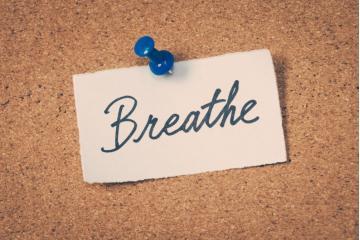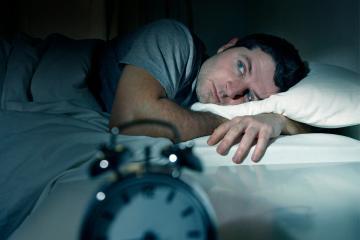Letting go
There are 2 things that people find difficult to do without help: changing and letting go. Most people are aware how hypnotherapy can help people change their habits (stopping smoking, curing phobias, etc), but few people realise that it can also help them drop unwanted negative emotional baggage. The negativity backpack During our lives, we accumulate negative and positive experiences. In a healthy person, those experiences get processed, stored or discarded depending on their usefulness. Sometimes, those experiences are too overwhelming, like an accident or a physical attack. It could Read more…










